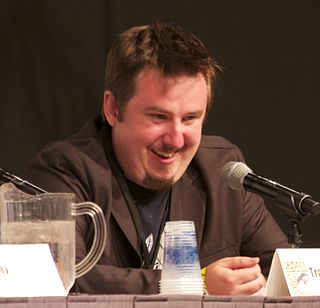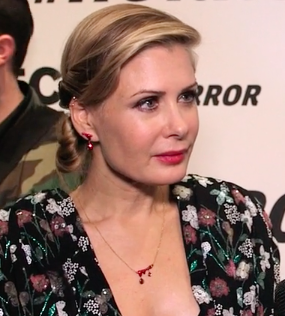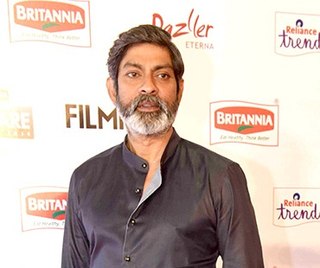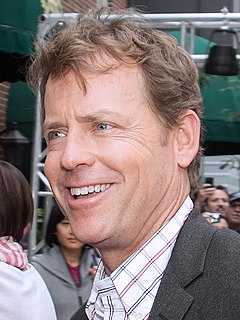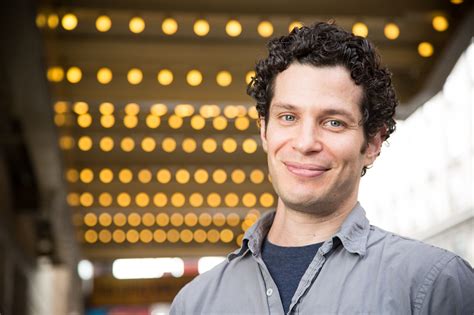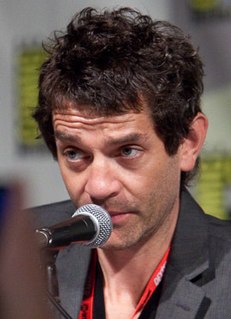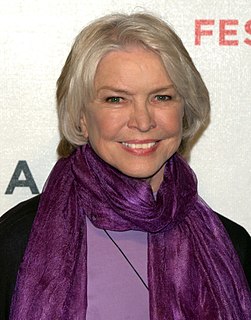A Quote by Travis Beacham
That is always really fun when you get to work with a director you understand and uses references you can identify with.
Quote Topics
Related Quotes
I think it's really important that women support each other. I've heard of a very successful female director saying she doesn't identify as being a feminist or a woman in Hollywood. And I understand that, but I feel so differently. It's so important to identify as a woman and have a voice, to understand that it's different from a male voice, and to understand the nuances that go into that. I love women. I think I'm a girl's girl. It's super important that we have a voice in the industry.
I have been villainized because of my identity - I've received nasty blog comments and emails just based on my willingness to identify with feminism by people who clearly don't understand what I value and why I identify as a feminist. Ultimately, I'm less concerned with whether or not people identify as feminist and am more concerned with whether or not people understand what feminism is. If they don't want to identify as a feminist that's fine. I respect people's decision to identify any way they want and expect that same respect in return, although I don't always get it.
One of the challenges of being a director is often you don't get to work with your peers. You know, writers can write together, and as a director you get to work with so many wonderful actors and writers and designers. But it's pretty rare that you get a chance to partner in that way with another director.
Working with Joe [Kosinski], definitely. I loved working with Joe. For a guy who doesn't really come from the fiction world - he comes from advertising and architecture - he's extremely easy-going and very calm. He's extremely detailed, but a very generous and fun director to work with. He really encouraged me to find the fun in the part and to have fun with it.
As an actor, it's always important to understand what the director is after. That, to me, is my job. When I'm acting, I like to ask a lot of questions and understand exactly why the director is doing what they're doing, so that I can provide him or her with the ingredients that they need to get the scene that they want. It's not to challenge them, in any way. It's just so that I can do my job best.
There are some scenes that you have to lose in order to win something at the end. A good director will keep pointing you that way, but it is also your job as an actor to understand that there are scenes that you do, particularly when you are the lead, where other people get to come in and steal and you have to let them. I understand that but a good director always reminds you where those moments are.
I use all kinds of resources for researching my novels. I'm not shy about calling up experts and asking questions, or emailing, or buying textbooks and references. The Internet is always a brilliant way to find instant facts, but it's not a great way to really understand your subjects in depth without a lot of work.
With a director it's all about the work; I'd work with a great director over - you know, I'm not the kind of actor who that doesn't go, 'I want to play this role.' It's more like, 'I want to work with this director,' regardless of what the role is because if it's a good director, you'll probably find a good role because it's a decent film. But a mediocre director will always make a mediocre movie.
